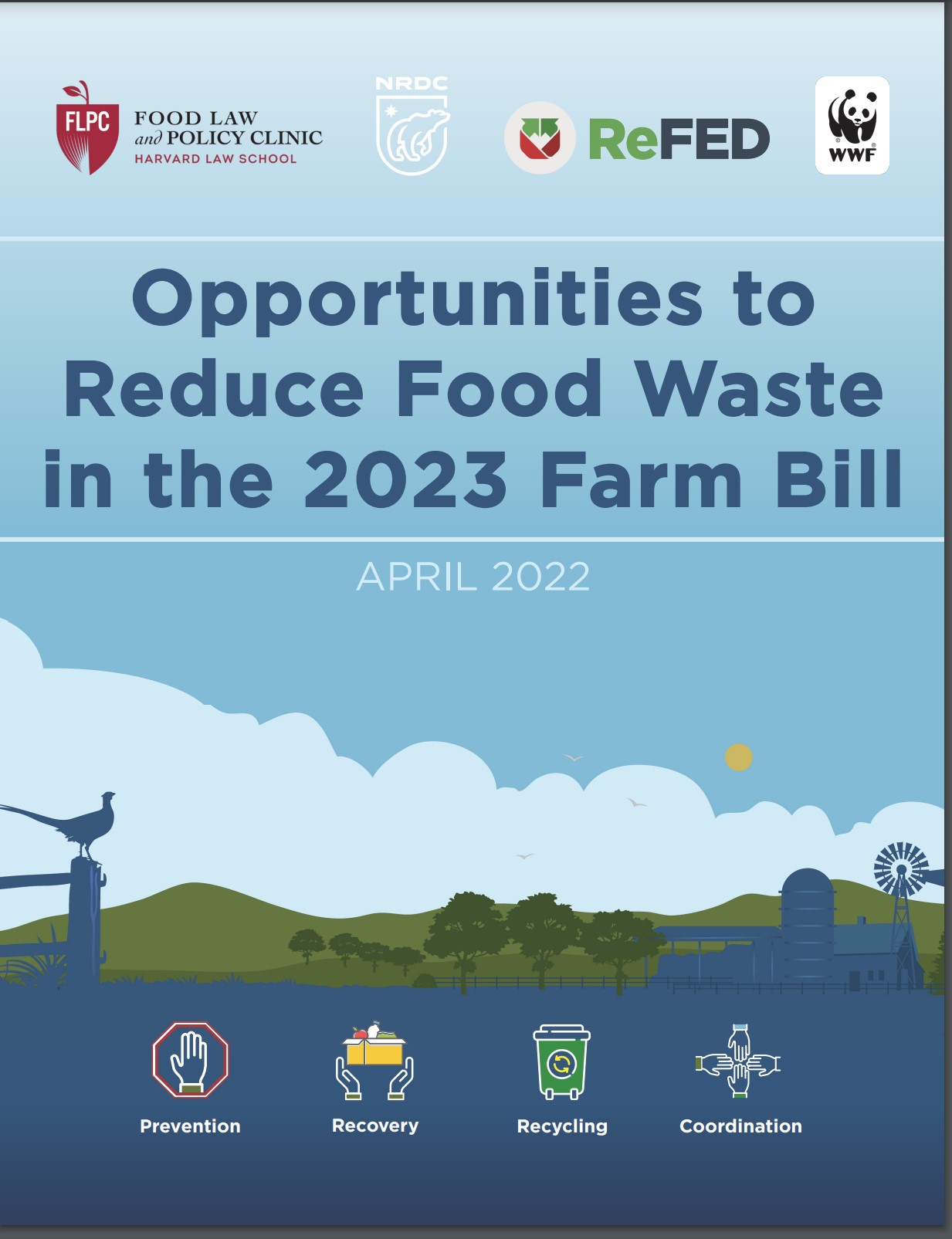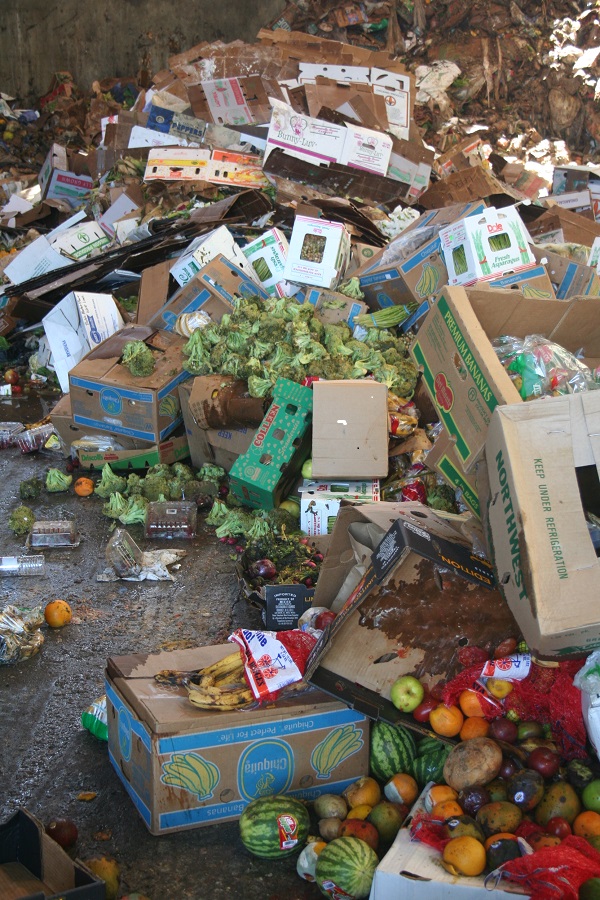Upcoming Farm Bill Provides Opportunities to Reduce Food Waste

While Manna Food Center’s Community Food Rescue (CFR) operations focus on the day-to-day work of providing food recovery to serve Montgomery County, it’s always a good idea to stop and take stock of what’s happening with federal legislation to reduce food waste. A new report, “Opportunities to Reduce Food Waste in the 2023 Farm Bill,” articulates and recommends specific legislation to strengthen current efforts throughout the U.S. Co-authors, the Harvard Food, Law and Policy Clinic, Natural Resources Defense Council, ReFED, and World Wildlife Fund, offer ways that Congress can include policies and funding across four key areas: food waste prevention, surplus food recovery, food waste recycling, and food waste reduction coordination.
ReFED, a national non-profit organization that works to prevent food waste, has previously documented that “35%, or 80 million tons, of all food produced in the U.S. is wasted annually. Of this, 54.2 million tons go to landfill or incineration, or are left on the fields to rot. Farmers, manufacturers, households, and other businesses in the United States spend $408 billion each year to grow, process, transport, and dispose of food that is never eaten.

35% of all food produced in the U.S. is wasted annually.
This waste carries with it enormous economic, environmental, and social costs, but also represents great opportunity. ReFED analyzed 40+ food waste solutions and found that the implementation of these solutions has the potential to generate $73 billion in annual net financial benefit, recover the equivalent of 4 billion meals for food insecure individuals, save 4 trillion gallons of water, and avoid 75 million tons of greenhouse gas emissions annually.”
Every five years, Congress authorizes approximately $500 billion in expenditures across the entire food system when it reauthorizes the wide-ranging Farm Bill. First passed in 1933 as part of Franklin D. Roosevelt’s New Deal, farm bills authorize policies and spending on commodities, conservation, crop insurance, nutrition, and rural development. Here are a few key recommendations from the report that pertain to the food recovery work that CFR does locally and can strengthen food recovery efforts in communities throughout the US.
Standardize and Clarify Date Labels– We know that the dates such as “best by,” and “use by,” that are stamped on food by food manufacturers represent food quality and taste and not food safety. As a result, a lot of food gets discarded because consumers don’t understand what these dates mean. CFR created a brochure, “Keeping Food Safe from Pantry to Plate” (in six languages), that explains this in an effort to reduce the amount of food that is unnecessarily thrown out. ReFED recommends that the 2023 Farm Bill standardize date labels so that they are easily understood by the public.

Date labels provide information about food quality, but not food safety, so consumers throw away unnecessarily.
Launch a National Food Waste Education and Awareness Campaign- Research shows that American consumers waste 37% of all U.S. food. And while people generally support food waste prevention, they do not recognize their own role in changing behaviors. The report recommends that $14 million be devoted to a coordinated, well-funded national campaign to address research into consumer behavior change, action strategies, and education and awareness campaigns.
Strengthen and Clarify the “Bill Emerson Food Donation Good Samaritan Act”–Initially passed in 1996, this law protects businesses that donate food from liability in the event that a recipient gets sick. However, some businesses are still reluctant to donate food for fear of liability. The report recommends ways to strengthen protections, including delegating authority over the Act to the USDA and mandating that the USDA publish regulations interpreting the Act, as well as broadening protections to donors who donate to individuals and organizations that charge a small fee.
Increase Funding Support for Food Recovery Infrastructure and for Post Harvest Food Recovery—The report recommends providing funding to increase needed infrastructure, such as cold storage, transportation, and staffing, to recover and distribute food. It also calls for expanded funding for on-farm food waste prevention, recycling, and food recovery.

Recommendations include providing funding for seasonal extensions like this hoop house.
To dig deeper and learn about the report’s complete set of recommendations, download a copy of the “Opportunities to Reduce Food Waste in the 2023 Farm Bill”. The current Farm Bill, enacted in 2018, is set to expire in September 2023.

